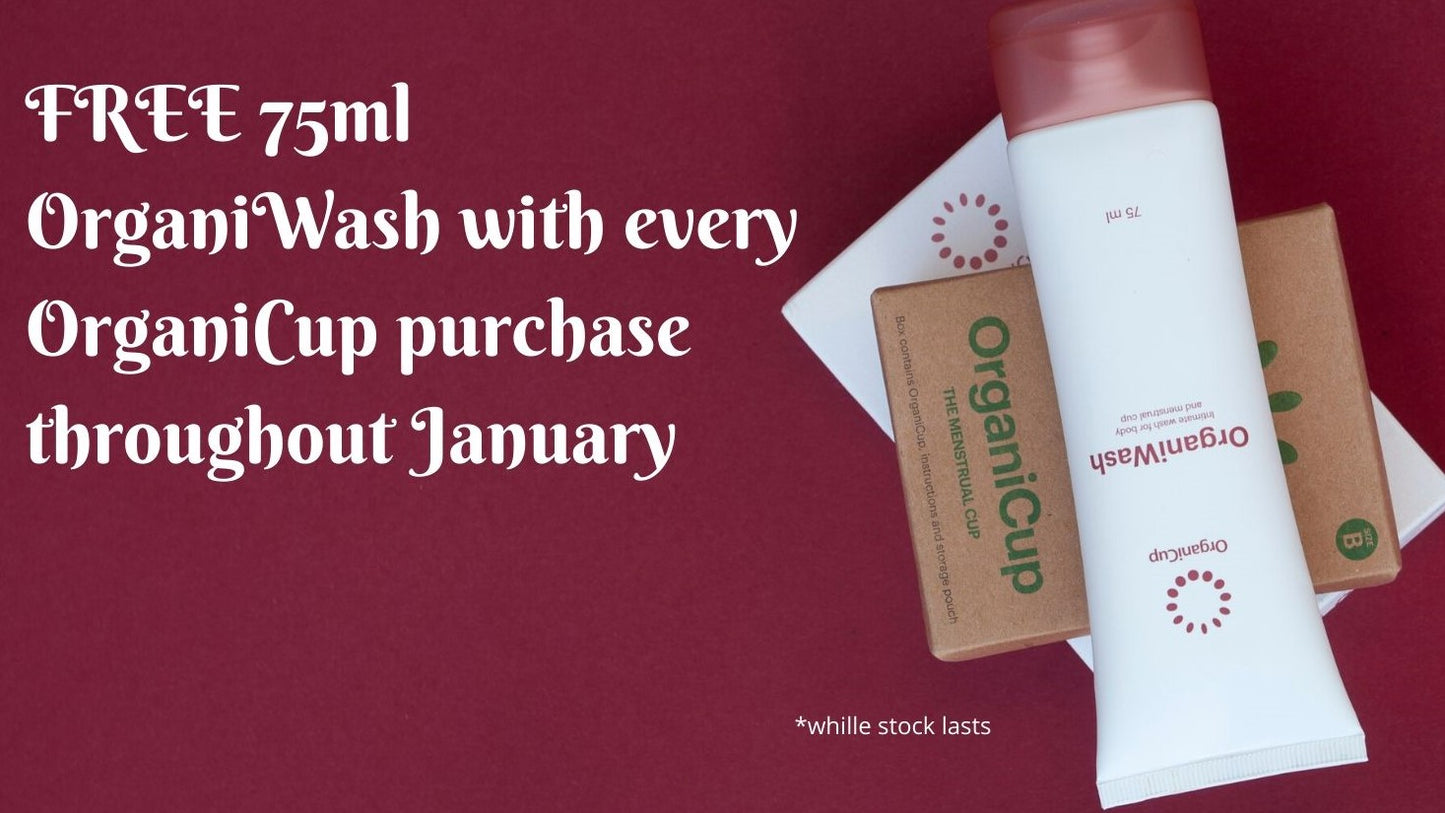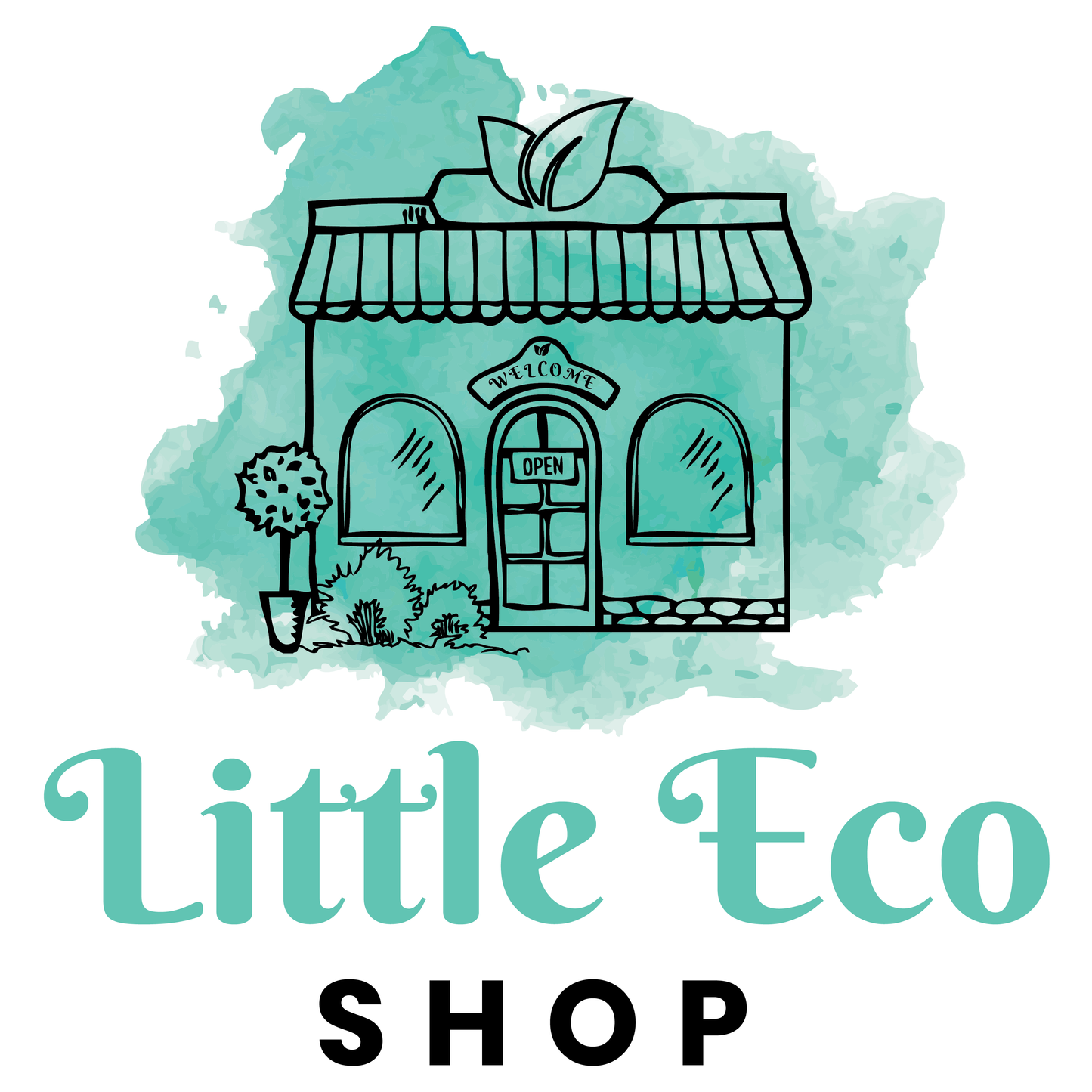
One way that women, specifically, can make a dent in environmental pollution, water wastage and plastic use, is by overhauling their sanitary supplies. Now, more than ever, caring for the earth needs to be at the forefront of the collective mind. Never underestimate your power to effect change.
There are so many great reusable options when it comes to periods and their gaining popularity has seen them become widely available, with lower price points, making waste-free periods attainable for all.
Keep reading to learn more about our waste-free period promos.
With Australia in the grips of a bushfire crisis, there really is no right time to talk shop. Our people are hurting; some have lost their lives, billions of our beloved native animals have died, our firefighters battle unpredictable flames, extreme heat and toxic smoke with skeletal resources, and millions of hectares of our precious land has been destroyed. We stand in solidarity with the communities that have been devastated by these fires and the brave firies who’ve risked life and limb to protect them.
There is a time to dwell on these tragedies and sit with our anxiety and heartache, and there is time to gain resolve and take action, by donating to a charity that resonates with you, volunteering your time to a community organisation or campaigning for climate policy reform.
As an earth-centred business, these tragedies cut right to the core of what we’re about and why we do what we do. We are committed to helping you transition to a lifestyle that is gentler on the planet, which is why we will continue to bring you advice on lightening your ecological footprint and make it affordable for you to do so, with regular sales and promotions.
Now, more than ever, caring for the earth needs to be at the forefront of the collective mind. Never underestimate your power to effect change – in Dr Seuss’, ‘Horton hears a Who’, it is but one additional voice that makes the Whos heard and saves them from certain extinction. What a brilliant metaphor for the fact that your signature on a petition, your voice at a climate rally or the example that you set in living that little bit greener, can be the one that moves the mountain.
One way that women, specifically, can make a dent in environmental pollution, water wastage and plastic use, is by overhauling their sanitary supplies. Don’t take this as your cue to check out though, fellas – what I’m about to reveal could spare you the odd tampon run, when your lady love is immobilised by cramps.
I’d never given much thought to my choice of period arsenal, until reading about the heavy use of agrichemicals in conventional cotton farming and how these chemicals are very much present in cotton-rich pads and tampons, generic and brand name alike. Cotton crops account for two and a half percent of the world’s arable land, but a whopping sixteen percent of its pesticide usage.
We are seeing an epidemic of infertility and one must ponder the safety of poisonous substances in close proximity to our reproductive organs. Add to these the bleach, dioxins, fragrances and formaldehyde, used to fashion those bright white, politely scented sanitary items and it is little wonder that gynaecological cancers are the third most commonly diagnosed type of cancer in females.
Before period knickers, reusable pads and menstrual cups were on my radar, I began to opt for organic cotton disposables. I was relieved to spare my vagina of the toxic bombardment from regular sanitary gear and safeguard my hopes of future procreation, but still uncomfortable with the head-shaking amount of waste resulting from my monthlies.
Consider the thin plastic wrappers that pads and tampons come individually nestled in, the adhesive plastic backing on pads, plastic tampon applicators and the moisture-proof plastic lining in most sanitary items and you’ve got yourself a single-use plastic bonanza. One disposable pad can take as long as 50 years to fully break down and one month’s worth contains the equivalent of four plastic shopping bags.
The average woman will menstruate for forty cumulative YEARS (!) and send between five thousand and fifteen thousand pads and tampons to landfill – that’s if they’re not flushed down the toilet to clog up water treatment plants and accumulate in oceans and rivers (just don’t, please – flushing is never okay).
And that point takes me to another water issue posed by disposables, cotton is a particularly thirsty crop. In Australia, cotton uses 26 percent of the nation’s irrigation total, more than any other crop. Organic farming practices are said to reduce the amount of water used in cotton production but cutting back on our use of new cotton products will be a win for our waterways.
There are so many great reusable options when it comes to periods and their gaining popularity has seen them become widely available, with lower price points, making waste-free periods attainable for all. I am so passionate about this subject because discovering menstrual cups and period undies was a game changer for me.
I’ve suffered from menorrhagia, heavy menstrual bleeding, for the entirety of my fertile years and disposable gear has never cut it for me – there was always the looming fear of leaks and the discomfort of never feeling dry and, well, sanitary. A combination of period knickers, reusable pads and menstrual cups has been truly liberating – I can keep track of my cycle more effectively, I don’t need to grapple with noisy, fiddly packaging in public bathrooms and there is no leak anxiety because I’m doubly protected.
Cups are made from soft, pliable silicone and, inserted correctly, feel like you’re wearing nothing at all. Some women complain that they’re tricky to insert and, if you’re new to cups, you might need to experiment a little to get the right position for your body. After one or two cycles, you should have it down and, once you get there, you’ll never look back. Different cup brands have varying insertion instructions and different cup styles for different bodies – based on your age and whether or not you’ve had kids – so be sure to select the right type of cup for you and read the instructions to get a comfortable fit.
Menstrual cups’ major draw, aside from their reusable nature, is their generous capacity – most hold between 25 and 30 millilitres of liquid. Most cups can be left in for up to twelve hours so, if you have an average flow, you can avoid changing them during the day, or fussing around at night, when you’re half asleep.
Little Eco Shop carries two different cup brands, JuJu and OrganiCup, chosen for their quality and positive customer reviews. We offer sizes that take women from their teens, through to their very last period. While some might balk at the cost of a cup, you’re likely spending ten dollars per month on disposables and a cup will last you for literal years – one of my cups is still going strong after two and a half years! I’m no maths whiz, but at 14 uses a month, times thirty months, that’s a cost per use of a little under one cent!
Menstrual cups are easy to clean and maintain. If you’re in a public bathroom and can’t access a sink, simply wipe out the cup with toilet paper and reinsert. At home, wash out your cup between uses with a soap, designed specifically for menstrual cups. After your period, simply boil in water for five minutes to sterilise. Right now, at Little Eco Shop, you can score a complimentary OrganiWash, with the purchase of any size OrganiCup, to keep it squeaky clean and in tippy top condition.
There are days in a gal’s life when only a pad will do and Hannahpad make the gosh darn prettiest ones you ever did see. Their gorgeous florals will have you a little less angry at the world when Aunt Flo arrives, and the thin, absorbent designs will discreetly keep you clean and dry. Easy to change at home and on the go, they simply button on and off, with no tell-tale plastic scrunch. Pop your used Hannahpad into a wet bag when changing on the fly, rinse in cold water when you get home and pop it into the washing machine. With time, it’s normal to see some discolouration of Hannahpad’s organic cotton core, but this can be minimised by using a specialised stain remover to soak your pad before washing and drying in the sun.
The main benefit to reusable pads over period underwear is that you won’t need to carry a spare pair of knickers around all day. Changing your undies as often as you’d change your pad is a serious nuisance, especially at night and when you’re out and about. Hannahpads provide heavy duty capacity, without the bulk – even the barely-there liner holds as much as a menstrual cup and is perfect for light flow days. In February, we’ll be giving away a second long liner, Hannahpad’s newest product, free with your first long liner purchase.
Again, some might balk at the initial cost of switching to reusable pads, but it’s important to look at the cost per wear and just how much you’ll save over the course of a Hannahpad’s minimum three-year lifespan. Let’s say you use one regular Hannahpad twice per cycle, 72 uses over three years, takes its cost per wear down to 32 cents – half that of most disposable pads. And just think of the 72 pads you’ll be keeping out of landfill *happy dance*!
When your hannahpad begins to fray, and it’s time for a new one, its plastic buttons are fully recyclable, kerbside, its organic cotton core will biodegrade in your green bin or home compost and only the outer thermoplastic polyurethane (TPU) layer, which makes the pad leakproof, will need to be discarded. One paper-thin plastic layer in three years, versus a few garbage bins’ worth of plastic-lined disposables, will make for a huge reduction in your household waste.
Whether you’re a newbie to reusables or a cup veteran, Little Eco Shop has you covered with everything you need for an eco-friendly period. Our reusable options are toxin free and kinder to your body, your bank account and the earth.